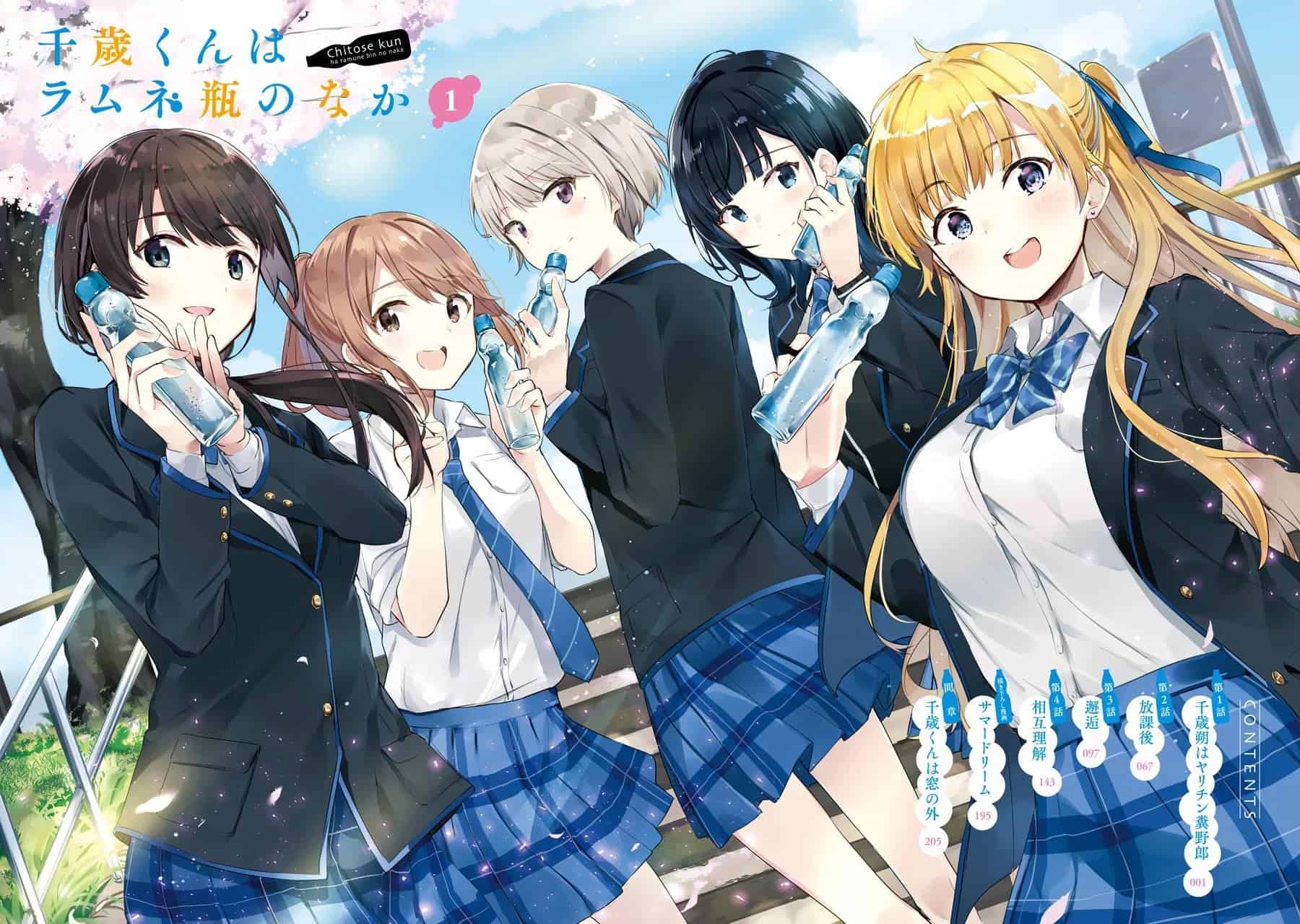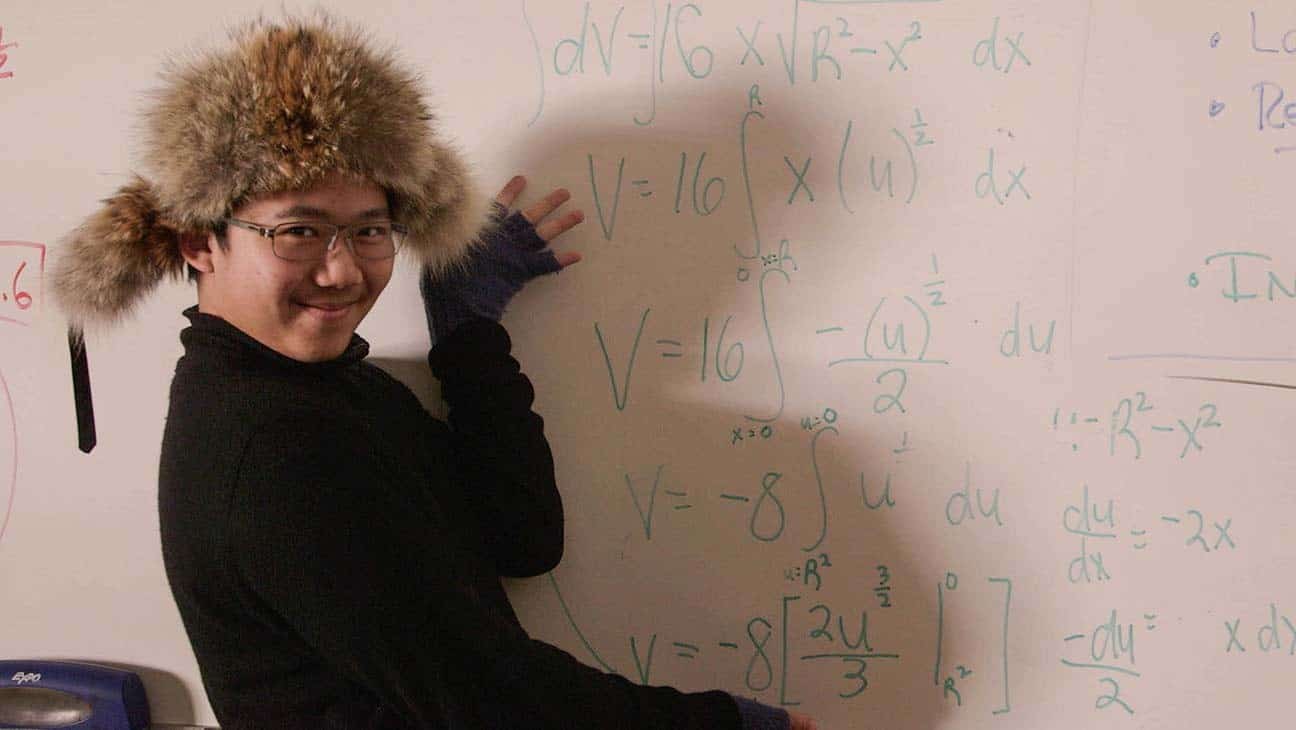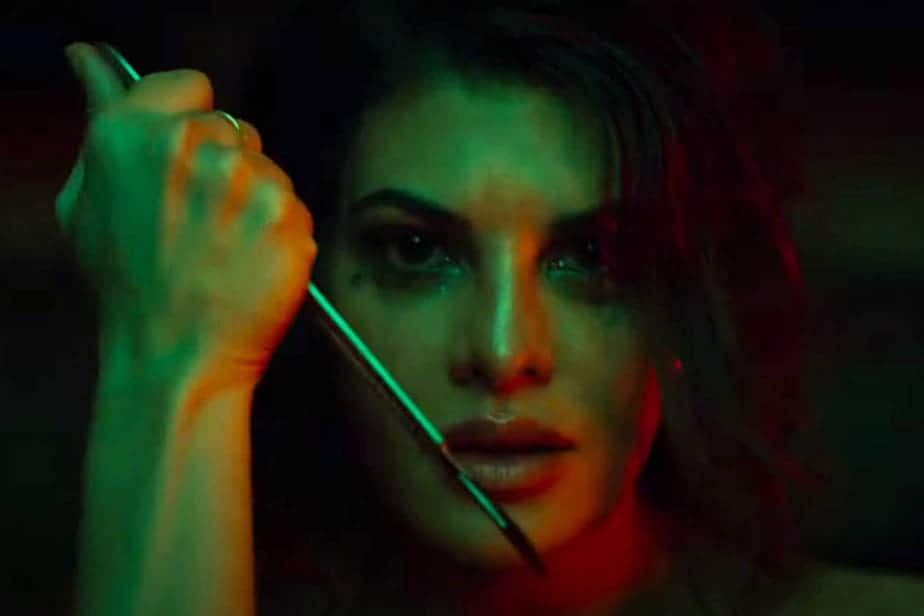Under the brooding warmth of the secular sun, the state of the human experience is in constant flux. It is an age of traditional perversion: an age where moral codes are subverted for hedonistic voyages of pleasure; an age where national identities become twisted in a battle for a homogenous cultural society, defending the antiquated borders of the nation-state from the outside. To be young here is to relish in this pursuit of pleasure and to seldom worry about the repercussion of our actions – within reason we are entitled to make our own decisions and to do as we please. Those we look up to encourage us to pursue our dreams and mould our lives any way we so wish. For Nisha, who is bound to a heritage culture which neither approves nor even welcomes the lifestyles of their host, the corruptible indulgence of an adolescence submerged in alcohol, club music, and the carnal flirtations of the flesh comes at an insurmountable cost, not only to her freedom to pursue her own happiness, but also to her identity as a young (and bicultural) woman. Director Iram Haq removes her own restraints in exhibiting her harrowing semi-autobiographical tale of a life not free of consequence in “What Will People Say”, in which the film's message surpasses the story it tells, both in importance and execution.

“What Will People Say” runs as part of the 9th edition of the Bagri Foundation London Indian Film Festival, that runs at 15 cinemas, across London, Birmingham and Manchester, from 21st June to 1st July, with 27 films, including features and short films, in competition. It is the largest South Asian film festival in Europe. Buy your tickets via this website, at respective cinema box offices: http://londonindianfilmfestival.co.uk/
A complementary piece to Haq's feature-length debut “I Am Yours”, the beautiful yet tragic tale of loneliness for a Norwegian-Pakistani single mother, “What Will People Say” presents itself as a coming-of-age story where Nisha – played with unflinching realism by newcomer Maria Mozhdah – precariously treads between the world of youth amongst her friends and the one of her traditional Pakistani community, until a fateful and careless mistake brings the latter crashing with rage into the former. When she invites Daniel into her bedroom after a night of intimate flirtation, they are caught by her father Mirza – a towering performance wrought in complexities by veteran Adil Hussain – who unleashes a frightening wrath on the two. Pressured by his peers to make an example of her, Mirza forcibly snatches his daughter with him to Pakistan, submitting her to the life he and his wife left behind to, to teach her a lesson for shaming her parents' reputation with her behaviour; a lesson fraught with reluctance on Nisha's part, until she gradually accepts her place as a Pakistani teenager until old mistakes resurface once again.
Haq's vision of the turbulent complexities of bicultural life delves much deeper than its premise – that of a second-generation immigrant caught between two worlds, who reluctantly comes to accept their parent's culture once forbidden to have control over their own lives – one which has graced the silver screen in a variety of forms over the years; Damien O'Donnell's “East Is East” and Gurinder Chadha's “Bend It Like Beckham” immediately spring to mind. Unlike these films, there is a suffocating darkness closing in around Mozhdah's understandably flawed character, which the audience has no choice but to endure. It is a darkness contrasted in the film's diverse colour palette, one which strips away at her identity slowly before its uncontrollable spiral as the film approaches its harrowing finale (this is a thankful move on Haq's part, as the culture-swap is perhaps this films weakest element and feels forced in scenes where Nisha is corrected in saying her culture instead of her parents'). Beneath the film's admittedly bleak surface are waters of abyssal depths, where instead of playing on cultural differences, it exhibits the archaic notions of shame and honour in a community tied to its ancestral past and the unimaginable lengths which are carried out to restore reputations.

The devolution of Nisha's treatment, not just from her parental family but also her extended family is where the true horror of “What Will People Say” lies. She is snubbed, beaten, harassed, assaulted, and threatened with marriage into a lowly peasant's life and even death throughout the course of the film, all in the name of honour. As a Western viewer, this makes for very uncomfortable viewing as we are unwelcomed to witness the consequences of Nisha's actions, ones which seem perfectly innocent within the realm of youthful naiveté as sex and romance are seen as rites of passage during our adolescent years. The struggles to keep such forbidden acts secret from those who uphold tradition are laid out for all to see and we cannot help but watch as Nisha makes the same mistakes in Pakistan, this time with more disturbing consequences, just as it seemed her lesson had been learnt. Youth's recklessness takes its toll here in ways a young Western audience will be completely unfamiliar with; if anything, the film serves as a window into an antiquated world where women have a distinctly rigid purpose, where dishonour and shame are very real and treated with brutal severity. It is a world that is all too real for Pakistani women in an age where Western feminism is on the rise.
Just as horrifying as her treatment is Nisha's degrading identity, a staple of the female leads in Haq's films. Beginning the film as a girl who loves her family yet is openly reluctant to the strictness of her upbringing, she is transformed across the film's three acts into a silent vessel who seemingly loses her fight to resist, completely numb from the world around her, and is reduced to a cooker of Pakistani food and good with household chores who will be too busy raising children to study and work. As previously mentioned, this is a reality all too real to those who have treaded in Nisha's shoes, one which Haq doesn't shy away from portraying – especially knowing the director has experienced similar circumstances. There are flutters of life and colour, where Nisha initially gets closer to her cousins, especially Amir, and in the striking landscape around her, but despite this, the emptiness of her situation is all too much and it becomes difficult to suppress. It is this realisation that her family's honour is more important than her well being which deals a crushing blow, as she is passed from one continent to the next in an attempt to uphold this, with Nisha being told it is for her own good.

Ultimately, “What Will People Say” delves in the need for the generations to develop a deeper understanding of one another by immersing themselves in dialogue. Haq stresses the need for first-generation immigrants to realise the conflict their children are in, to put themselves in their shoes and come to trust them, whereas the children need to respect the choices made to leave their homes as well as the traditions which keeps them tied to the life they know. It is a crucial theme in the film as it is not just Nisha's actions that put her in peril but the lack of a deeper communication between her and her family, where emphasis is placed on the fear of being ostracised from the community and the hearsay of their peers, an emphasis made all the more clear in the film's moniker. The complicated relationship between Mirza and his daughter is used to great effect to drive this point home, for whilst there is a deep love for one another, neither one understands each other, both being isolated and alienated from their opposing worlds. It isn't until the third act's heart-breaking close where, after all the sacrifices made by Mirza and his wife, all the shame they have faced, and the tragic ordeal Nisha has been put through, do they finally see eye to eye.
It is the striking performances by Mozhdah and Hussain and the verisimilitudinous of their father-daughter relationship which keeps the audience from looking away with despair as events unfold and their lifelike rapport only helps the film drive its points across. Assisted by a brutal performance by Ekavali Khanna as Nisha's mother and Haq's brilliant use of natural ambience and haunting sounds to amplify the tension, “What Will People Say” is a film which feels all too real, and comes at a time when films by Sharmeen Obaid-Chinoy, which display the perils of being a Pakistani woman even in the twenty-first century, Arshad Khan's Abu and Lokesh Kumar's “My Son Is Gay” – the latter of which also plays at London Indian Film Festival – which stress the need for dialogue and acceptance between the generations, are being released; a time when, even after the rise of Malala Yousafzai and other adovcates for female rights in Pakistan and beyond, women are still treated as expendable objects to uphold honour and social standing. As unsettling as it is raw, Iram Haq's distressing film provides an eye-opening glimpse into a world hidden from Western eyes, an in-depth character and community study of how one innocent mistake in one world can prove fatal in the other and makes for an important watch in an increasingly intolerant world where understanding is needed now more than ever.















